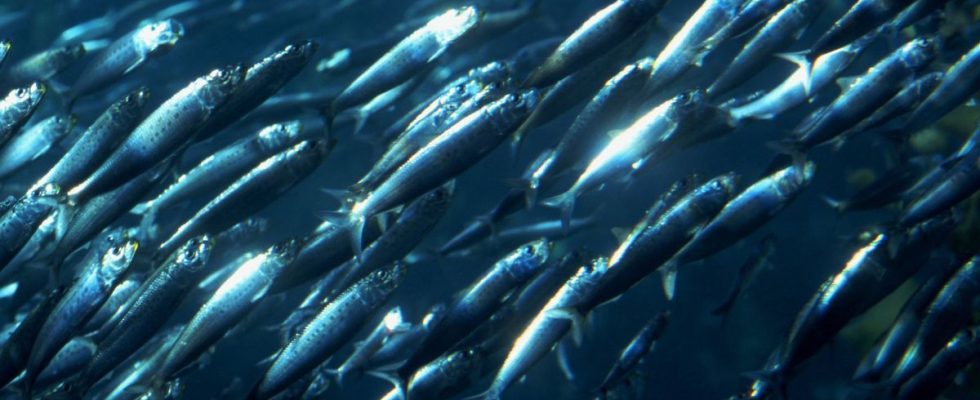The news is positive and surprising. According to a study published this Wednesday in the journal Nature, sea heat waves have a minimal effect on the abundance of fish. They cause little change in the composition of fish populations in the northern hemisphere. “I was surprised by these results,” acknowledged Alexa L. Fredston, assistant professor in the Department of Ocean Sciences at the University of California and lead author of the study.
“We know that fish communities have responded to long-term ocean warming by moving poleward, which can change fish biomass and composition in a particular location. So I was anticipating similar results, like a fish community with more warm-water species and fewer cold-water fish than usual, after these marine heat waves,” explained the researcher.
Natural variability in fish abundance
The dozen American, Canadian and European researchers who carried out the study analyzed more than 82,000 fishing catches, carried out with bottom trawls as part of scientific campaigns in the North Atlantic and in the Northeast Pacific. The catches, covering 1,769 species of groundfish caught between 1993 and 2019, were compared with 248 heat waves recorded over the same period in deep waters, from the subtropical zone to the Arctic.
The authors did find some effects of marine heat waves, such as a 22% loss in fish biomass in the Gulf of Alaska after the 2014-2016 heat wave, or, conversely, a 70% biomass gain in the northeastern United States after the 2012 heat wave. But these variations, although substantial, are less important than the natural variability in fish abundance. Moreover, such changes have not been observed during other episodes of heat waves, so far little studied.
Changes “hard to predict”
At the end of their analysis, the researchers found no significant relationship between the cumulative intensity of marine heat waves and the evolution of groundfish biomass. They also did not see a rapid decline in cold-water fish or an increase in warm-water fish following these heat waves.
“We couldn’t predict which fish would lose or gain biomass, based on their biology or the temperatures at which they are typically found,” said Alexa L. Fredston. “It should be emphasized that changes in fish biomass are often difficult to predict,” noted the researcher.

